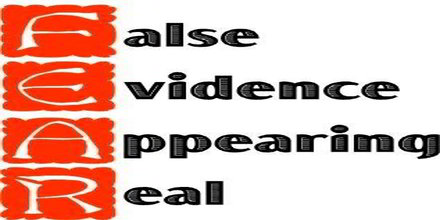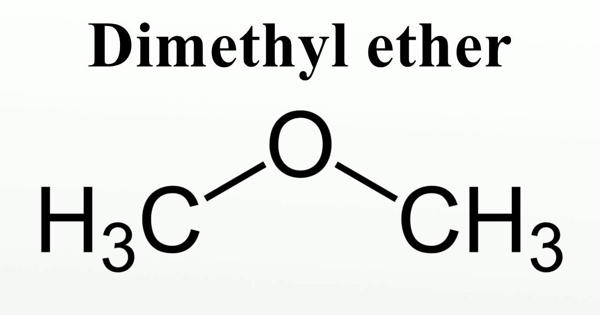False evidence is evidence presented inside a legal case in which cannot legally be relied upon for any number of reasons, ranging from true forgery of data to illegal way of procurement that bar the data from court even whether it is factually valid. False evidence or tainted evidence is details created or attained illegally, to sway the verdict inside a court case. This article explain various types of False Evidence with examples.
False Evidence
















